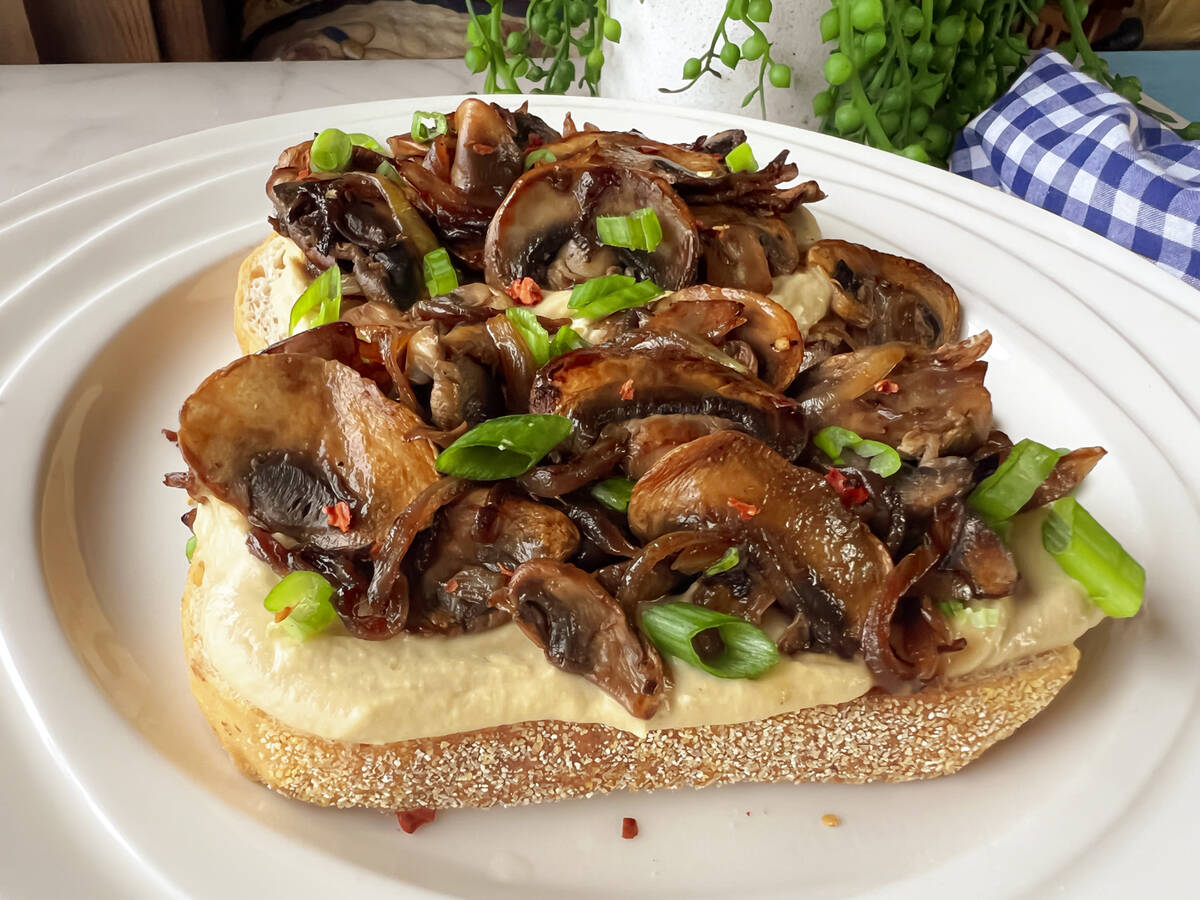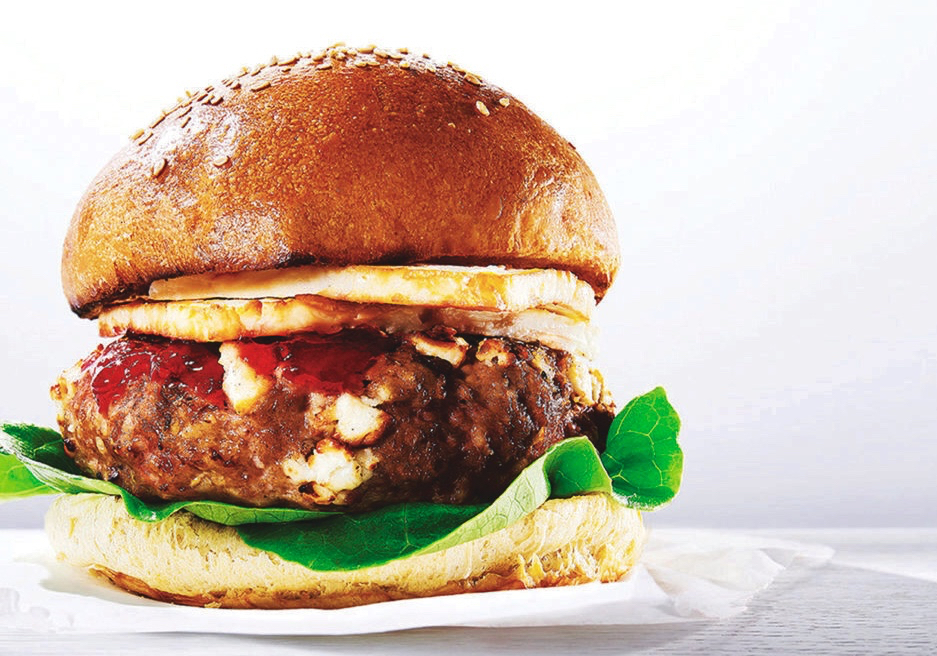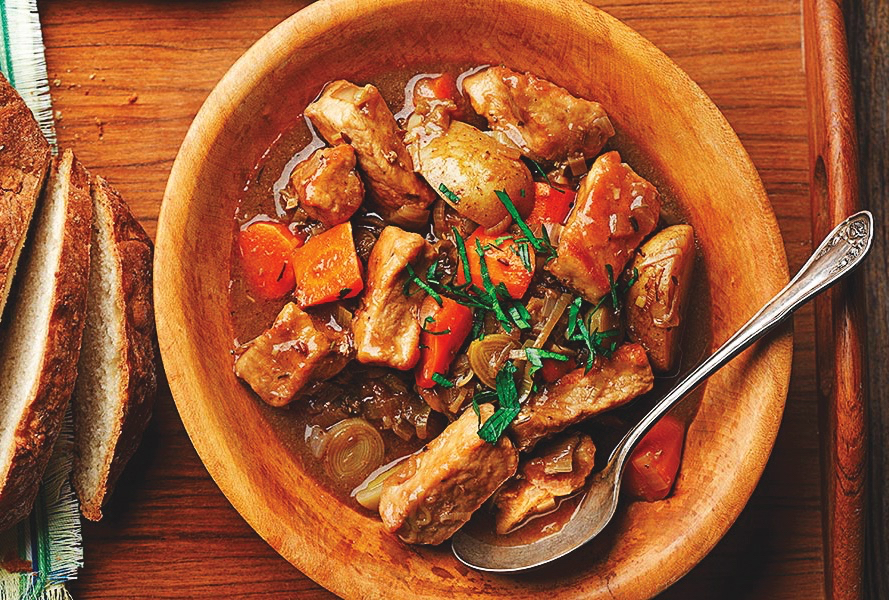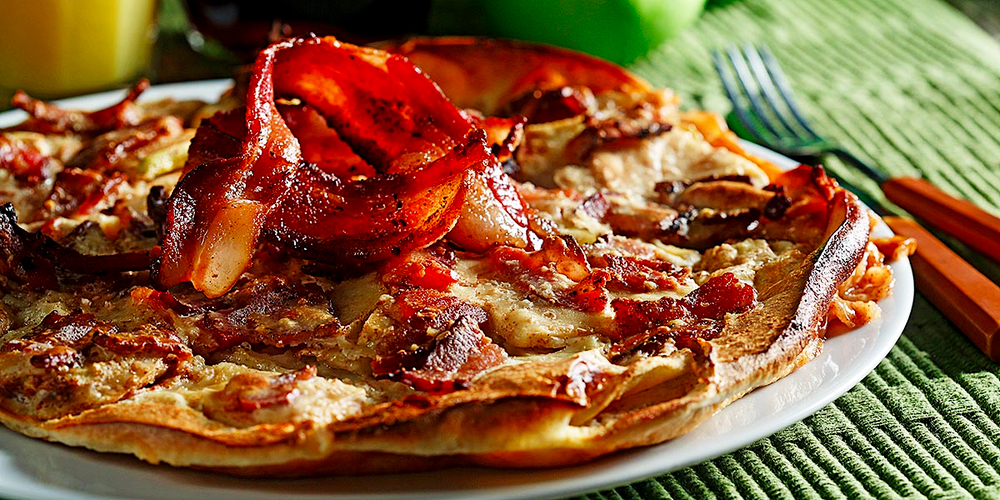Eggplant is a very versatile vegetable. It can be roasted, grilled, fried, steamed, sautéed or cooked. It is high in water content and low in calories at just 18 calories per half-cup of cooked eggplant and provides some fibre, vitamin C and iron.
Eggplant history dates back to early China. When the eggplant made its way to Europe, however, Europeans gave it an unflattering nickname – “mala insana,” which means the “apple of madness.”
According to food historians, the eggplant gained that name as a result of being in the nightshade family. Some nightshade plants are poisonous, and tomatoes also were shunned because they were believed to be deadly.
Read Also

Use-it-up meals stretch the post-holiday menu
Leftovers and extra food abound in the first weeks of January. Give your kitchen a winter reset, clean out the fridge and save on your grocery bill
Eggplant, known as “aubergine” in France, is used in a variety of international cuisines. Its mild flavour and sponge-like texture absorb the flavour of added ingredients, such as garlic, basil and oregano. Here’s some popular dishes that feature eggplant:
Ratatouille:A Mediterranean dish combining eggplant with zucchini, mushrooms, bell peppers, tomatoes, garlic and spices.
Eggplant Parmesan:An Italian dish featuring eggplant dipped in egg and bread crumbs, then lightly fried and topped with tomato sauce and cheese. Moussaka:A Greek favourite of eggplant layered with a spiced meat filling and a creamy sauce.
Babaganoush:Another popular Greek recipe that includes eggplant, garlic, parsley and tahini (sesame seed paste).
Pick up an eggplant and give it a try on your menu. Choose one with shiny skin and no dark spots, which indicate decayed areas. Although the peel can be eaten, more mature eggplants will have a tougher skin.
– Julie Garden-Robinson, PhD, L. R. D., is a North Dakota State
University Extension Service food and nutrition specialist
and associate professor in the department of health, nutrition and exercise sciences.
















